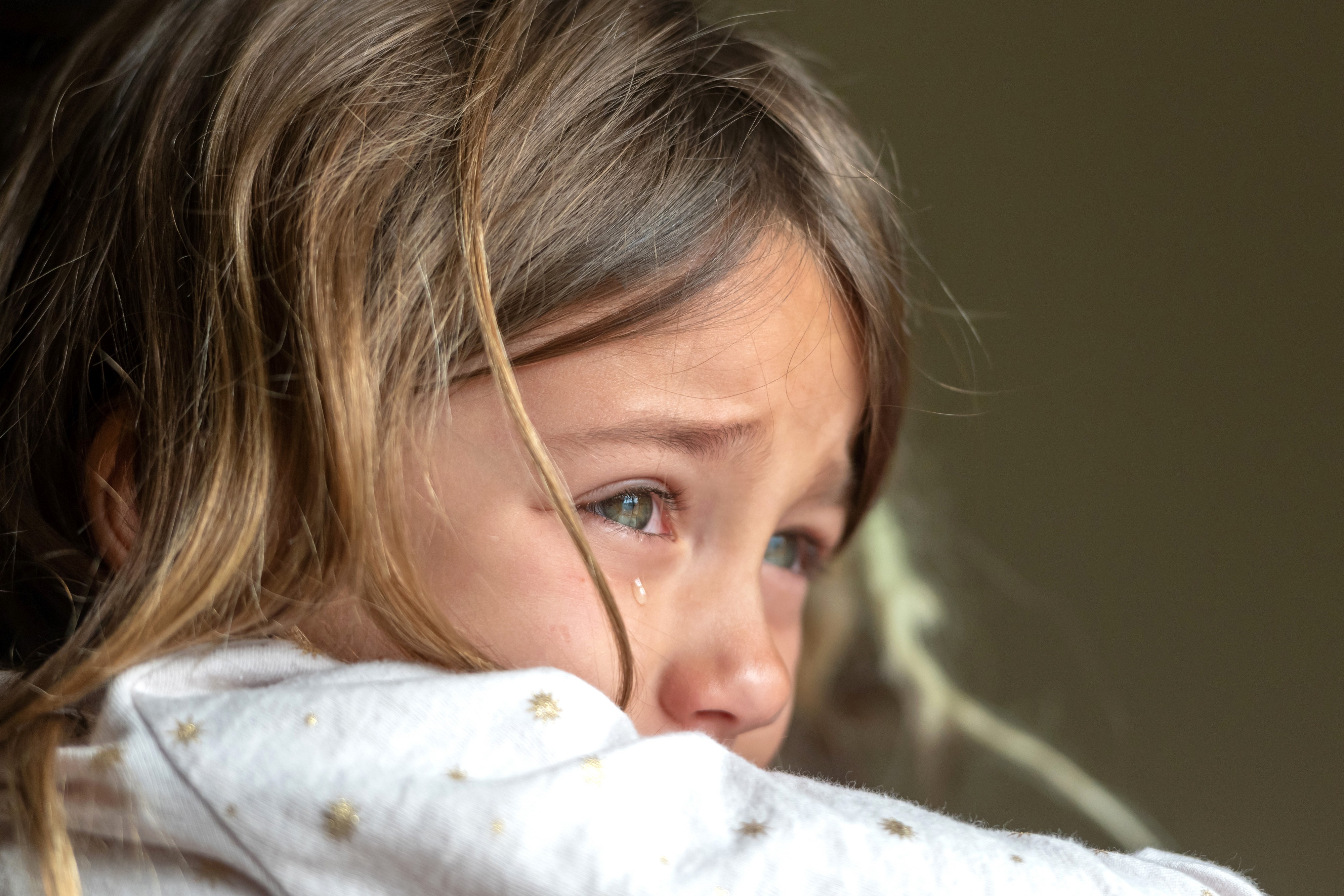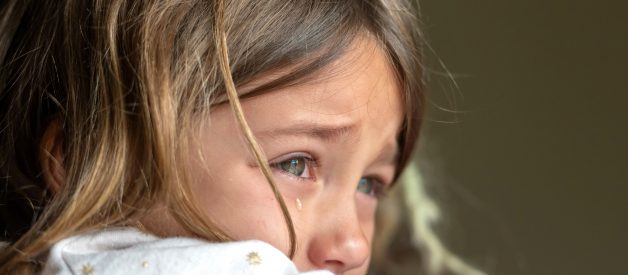Beware of parent-child role-reversal.

As young children, we need the unwavering presence of parental guidance and protection to develop security and stability within our psyche.
It is the consistency with which our parents mirror our internal emotions and feelings, responsiveness to our pleas for help and warmth, and their permission of the natural development of our blossoming selves to evolve with the natural course of time, that promotes a sense of safety within. It is the sum of all this that ultimately what gives us the springboard to leap into the world with independence, individuality and vitality. Impermeable, attuned love gives us space to flourish, take risks, safe in the knowledge that if we trip up, our parent will be there with arms open to cocoon us in their love and all its restorative qualities.
But sometimes this doesn?t happen. For many reasons ? mental health issues, emotional difficulties, depression, catastrophic life events or personality disorders; parents don?t bestow these gifts to their children.
In this event, what often occurs is parentification ? or in other words, parent-child role-reversal.
Parentification
Broadly speaking, there are two types of parentification. The first is emotional parentification where the child effectively becomes the parent?s emotional crutch. They become the ear and heart to all the emotional turmoil festering within the parent. The caregiver burdens the child with their deepest emotions and anxieties ? offloading their dark cargo unto a developing child who knows no different other than to please her parent.
The second is instrumental parentification; where the child is encumbered with physical duties like taking care of the home, the other children, the cooking and the cleaning. Essentially, on-boarding the weight of adult responsibilities onto a little person.
Of the two, emotional parentification has the direst consequences on the young developing child. It is on many levels, a grievous form of abuse, exploitation and neglect, that a child has no knowledge of how to respond to, other than with sensitivity, empathy and love.
Parentification can take many forms:
- Burdening the child with intimate emotions and worries
- Punishing the child when she does not respond to emotional pleas for help with attunement and sympathy
- Silent treatment for ?failing? the parent
- Revealing details / complaining about other members of the family, with the expectation of support and allegiance
- Disclosing sexual detail and information about themselves or their sex life
- Forcing the child to take on household duties and responsibilities
- The list goes on.
The devastating upshot of parentification is that the child learns that she must grow up too fast, change her true self, shape-shift in order to be deserving of love and praise. The effects on self-worth are far-reaching, not least because the child unconsciously comes to discover that her natural way of being does not rouse the safety, validation and love that she so needs.
Violation of boundaries
Parentification is an outright violation of boundaries. Children learn that they are now the one providing the emotional-security to their parent, not the other way round. In being so, they repress their own needs, desires, hopes and natural inclinations. When this is endured for a period of years, the impact is tragic ? the once developing personality falls away into the unknown ? it is now a mirror image of what the parent demands; an inauthentic mask that the child learns to erect in the face of ruinous parental neglect.
The damage follows into adulthood
It doesn?t matter how much we give, a child can never provide enough to a such a parent. But sadly, we feel we failed ? we were never enough ? and we believe this because we never received the true love and attunement that we truly deserved.
As the child becomes an adult she no longer can discern her true self ? it was oppressed under the weight of parentification. Her core identity has been throttled by the demands of her needy parent(s). She cannot pin-point her feelings or emotions. She cannot ask for what she needs ? indeed she does not know what her own needs are. She is incapable of saying no. She has no boundaries. And she spends her life tirelessly helping others, taking on the emotional load of those that are happy to take more than they will give. She ends up in emotionally neglectful or abusive relationships or marriage.
Healing from parentification
In our need to heal and recover from recurrent depression and anxiety that was rooted in our childhood neglect, we face a grave problem: we do not blame our parent(s). We make excuses for their neediness. With empathy and compassion as cornerstones of our being, we feel protective towards the parent(s) that failed us. This inclination to safeguard them prevents us from facing the truth of what occurred in childhood.
There is an abundance of research that has proven the lifetime damage of the emotional wounds caused by parentification. In Alice Miller?s ?The Drama of The Gifted Child? she explains:
On having a child, the parent may feel as though she finally has someone who will love her unconditionally and proceed to use the child to fulfill her own need to be wanted.
(We must apply caution, however, in mother-blaming as parentification can come from either parent).
In considering the above, we can comprehend how the role-reversal dynamic occurs: finally, the parent has an empathic and attuned other to absorb and allay all her inner turmoil. Often the child is more in-tune with her parent?s own emotions than the parent is her or himself.
Enmeshment
When our parents’ emotional needs or demands rail-road our own, we develop a mask that is intuitively designed to meet the needs of our parent. This mask is devised to ensure we still receive some modicum of love or attention but sadly results in the inevitable blurring of boundaries ? a petri dish for enmeshment to unfold itself.
Emotional, psychological, spiritual lines between parent and child no longer exist ? the two become one and the same in heart and in mind. The identity of the child folds itself into the parent ? the child can no longer define or perceive his own emotions or needs ? she is so enmeshed in those of her parent(s) that she now only knows the ambient temperature, or emotions of that parent and believes them to be her own.
Complex-PTSD can result, giving rise to a host of disturbing and unhealthy coping mechanisms that prove to be entirely ineffective in helping us navigate life and all its inherent challenges. If in adulthood, we don?t confront the devastating neglect of our past, we will be compelled to re-invite similar pains from neglectful or abusive others in an unconscious effort to finally resolve what was once inescapable and intolerable.


